
LSTM scientists respond to questions from Pint of Science Liverpool 2019!
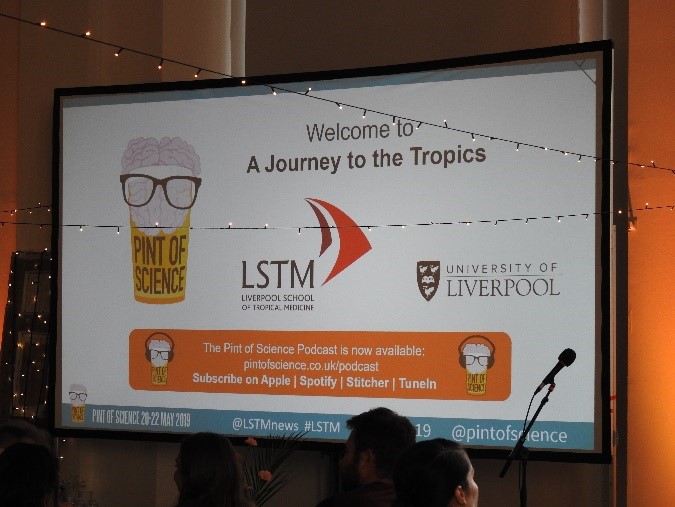
LSTM Speakers, Tom Wingfield, and Terry Kana, respond to questions posed by the audience following their talks at Journey to the Tropics during Pint of Science 2019. This annual three-day festival brings together engaging science and latest research findings to pubs and bars across the world.
Tom gave a talk entitled “Beyond pills and tests: Addressing poverty to end tuberculosis” and described the interventions which have been used to end TB, from 19th-century Europe to 21st-century Peru. He was accompanied by LSTM’s Terry Kana who spoke about the challenges of providing maternity care in low-resource settings.
Tom is a Clinical Lecturer at LSTM. Tom is also part of IMPALA.
Terry Kana is a registered nurse and midwife, and a Senior Research Associate in the Centre for Maternal Health at LSTM.
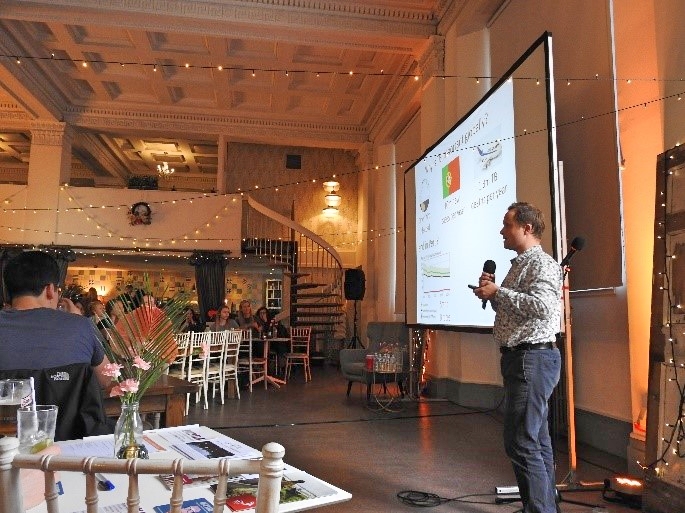 |
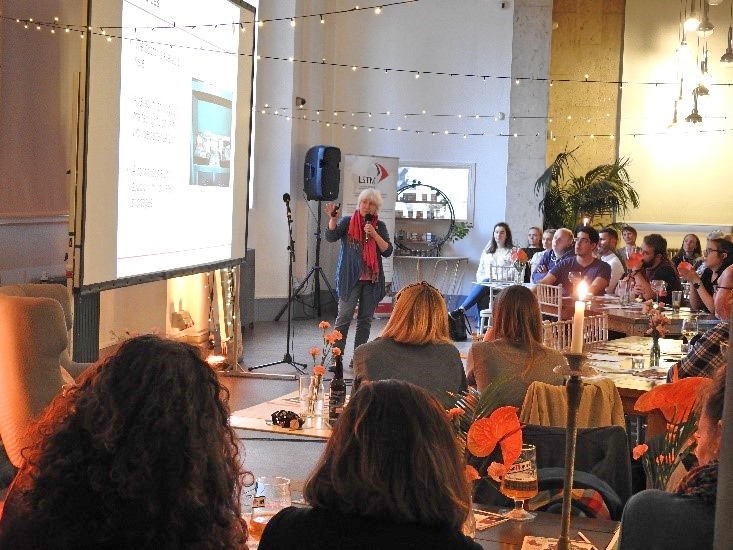 |
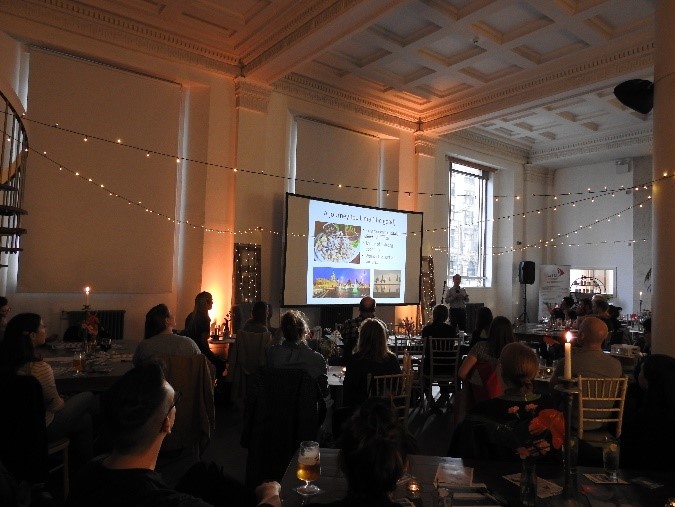 |
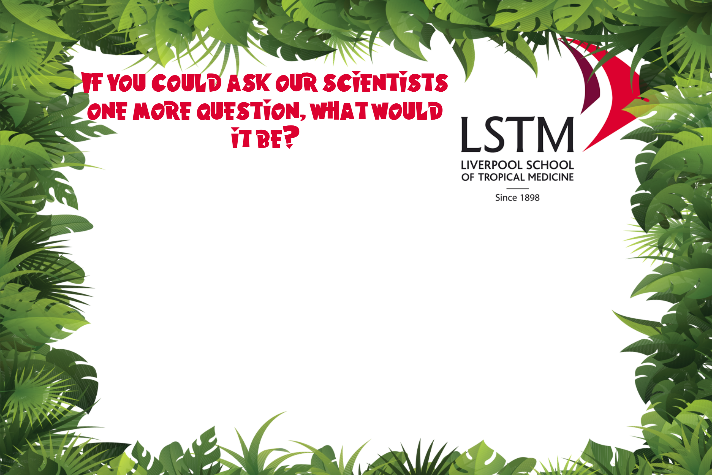
What is the TB burden in Liverpool?
Tom - Public Health England estimated the annual incidence of tuberculosis in Liverpool in 2018 was around 8 per 100,000 people. So, pretty low. However, the rate among people with other risk factors such as HIV, drug use, or being homeless is much higher.
What is the most important thing you have learned?
Tom - In life: be nice. In clinical medicine: listen to the patient. In research: good science alone isn't enough to change practice
Terry - I have learned that most health workers want to do a good job and look after people. However, their working environment often does not support this. We need to prioritise improving the working lives of health workers and invest in the infrastructure supporting health facilities. This will impact on the quality of care women and their families receive.
What got you interested in tropical medicine?
Tom - A love of people, learning, and travel; and outrage at the inequities of the world.
How long have you been involved in your projects?
Tom - I've been a qualified doctor for 15 years, involved in research for 10, involved in research projects in Peru for 8 years, and in Nepal, Mozambique, and Vietnam for 2 years.
What do you hope will happen because of your work?
Tom - That people's health and wellbeing will improve in an equitable and sustainable way.
Terry - The more evidence and attention focused on the moral distress faced by health workers at work should motivate stakeholders to revisit how they support and improve health systems for users as well as health care professionals.
What is your favourite type of cheese?
Tom - Again, this is influenced by many different factors, so I would have to go with a shortlist: a very, mature cheddar; Ossau Irati; a gooey goat's cheese at room temperature on an early summer day in the UK; and a high-quality Stilton.
Do you have any research that you need any people to work on?
Tom - Always happy to talk about potential opportunities... tom.wingfield@lstmed.ac.uk
What 's the one global health issue that we need to focus, regardless of your own research field?
Tom - Eradicating poverty (in all its myriad, pernicious forms) and addressing climate change would have the biggest impact on people's health and wellbeing in the future
How many women die because of unclean conditions?
Terry - Globally, one third of maternal deaths are due to sepsis.
Where are the men? Do they not accompany their wives in the labour and help?
Terry - Often men are unable to accompany their wives in labour as the labour ward infrastructure is an open space with minimal privacy.
Pint of Science will return in 2020, keep a look out on our Events pages for further details.